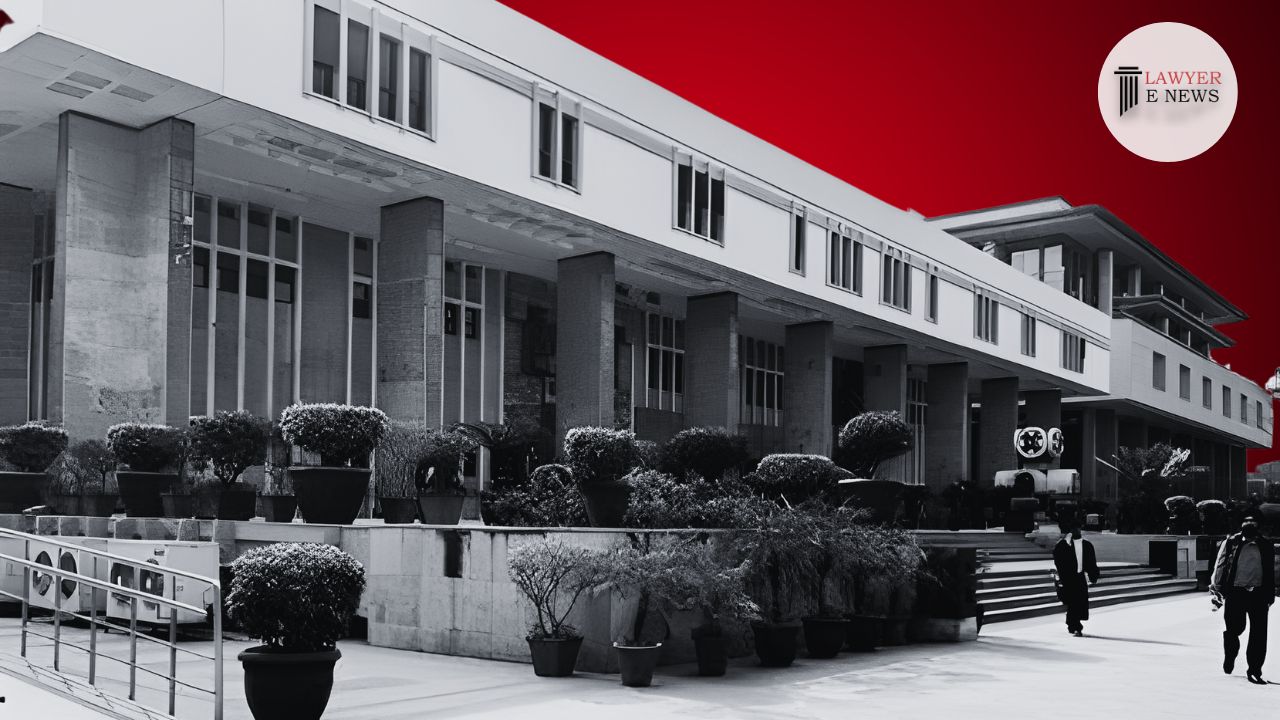-
by sayum
17 February 2026 8:32 AM



In a recent judgment, the Delhi High Court granted bail to Harish Tiwari in a case involving charges of extortion and blackmail. The bail application, filed under Section 439 of the Code of Criminal Procedure, sought the release of Harish Tiwari from custody in FIR No. 495/2017 registered at the Punjabi Bagh police station in Delhi.
Justice Amit Mahajan, presiding over the case, delivered the judgment on July 14, 2023. The court took into account the allegations made by the complainant, who accused Harish Tiwari and others of extorting large sums of money from him over a span of 12-13 years. The accused allegedly used the pretext of implicating the complainant in false criminal cases and tarnishing his public image.
The court noted the complainant's claim that the accused threatened to release fake and doctored photos and videos, which showed the complainant in compromising positions with women. The complainant alleged that Harish Tiwari, posing as an advocate/legal advisor, initially approached him and coerced him into paying a small amount to protect his reputation. Subsequently, the complainant was introduced to various extortionists who demanded substantial sums of money.
After considering the arguments presented by both the defense and the prosecution, Justice Amit Mahajan observed that Harish Tiwari had already undergone more than the maximum prescribed sentence for the non-bailable offence under Section 384 of the Indian Penal Code. As per Section 436-A of the Code of Criminal Procedure, an under-trial cannot be detained for a period longer than the maximum punishment provided for the offence.
Justice Amit Mahajan stated, "The applicant has already undergone the maximum period of imprisonment provided under Section 384 of the IPC, and the offence under Section 389 being bailable, the applicant ought to be released on bail." The court also took note of the fact that the trial was still pending, with a significant number of witnesses yet to be examined.
The court, while addressing objections raised by the prosecution, found no evidence to substantiate the allegations of the applicant's misconduct while on interim bail. It further emphasized that the dismissal of a Special Leave Petition by the Supreme Court does not preclude the filing of a fresh bail application in case the trial extends beyond a stipulated time frame.
Justice Amit Mahajan granted bail to Harish Tiwari and imposed certain conditions, including providing a bail bond of ₹2,00,000/- with two sureties of the same amount. The court directed Harish Tiwari to comply with these conditions, such as appearing before the trial court on each hearing, not leaving the city without informing the authorities, and refraining from contacting any witnesses.
This judgment by the Delhi High Court highlights the importance of considering the maximum punishment for the offence, the entitlement to bail for bailable offences, and the need to assess the circumstances of each case individually.
"The applicant is entitled to be released on bail in terms of provisions of Section 436 read with Section 436A of the Cr.P.C. The applicant has been charged with Section 384 of the IPC, which provides for the maximum punishment of imprisonment up to three years, and the applicant has already undergone more than three years of incarceration. Thus, in relation to Section 384 of the IPC, the applicant is entitled to the benefit of Section 436A of the Cr.P.C."
The judgment referred to the case of Puneet Sharma v. State of Punjab (CR-M 1222-2013) to emphasize that the dismissal of a Special Leave Petition in limine does not constitute a binding precedent and does not prevent the filing of a fresh bail application.
This decision by the Delhi High Court highlights the significance of ensuring that the accused is not unduly detained beyond the maximum punishment prescribed for the offence, while also considering the rights and interests of the complainant and the need for a fair trial.
Date of Decision: 14th July, 2023
HARISH TIWARI vs STATE OF NCT OF DELHI
